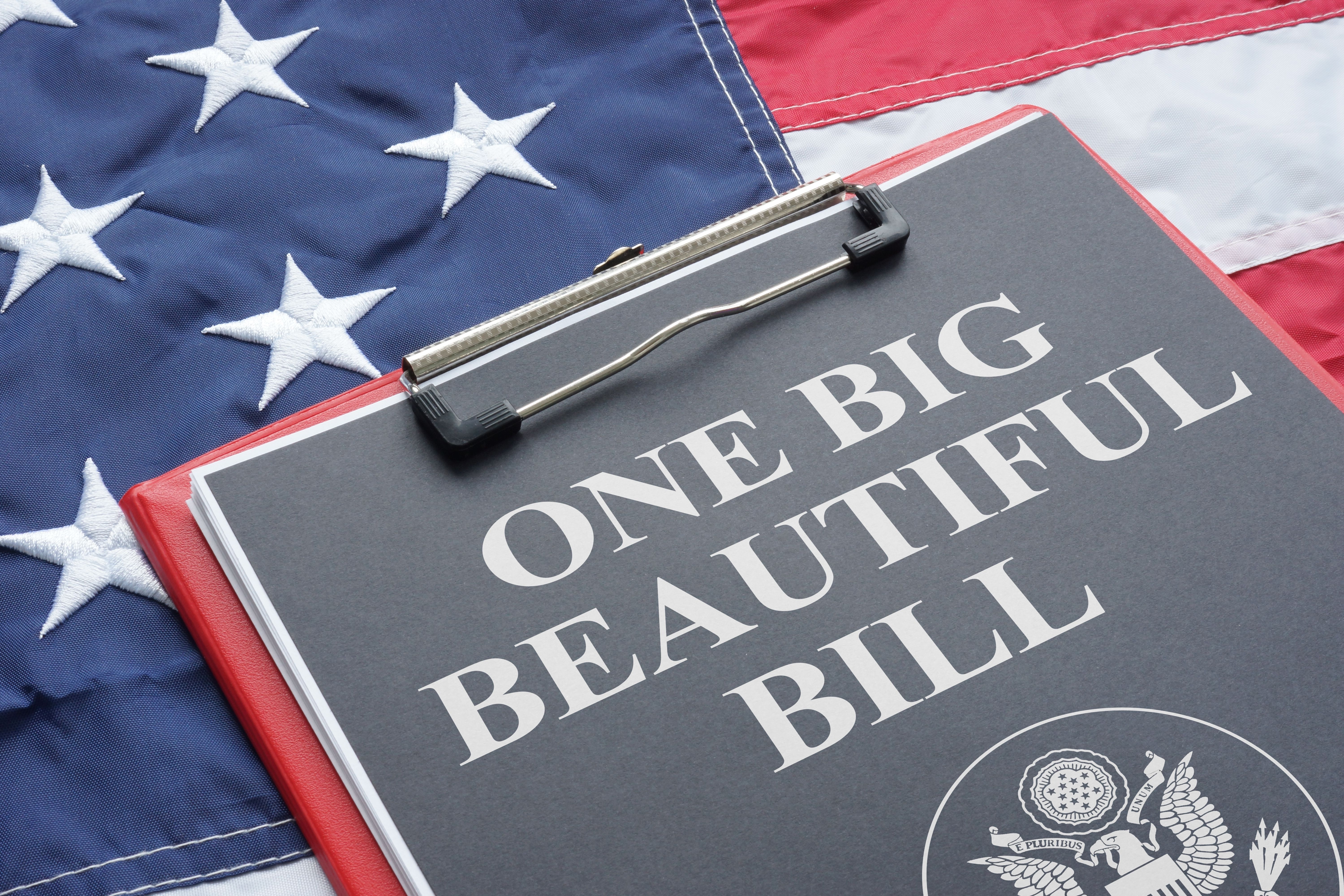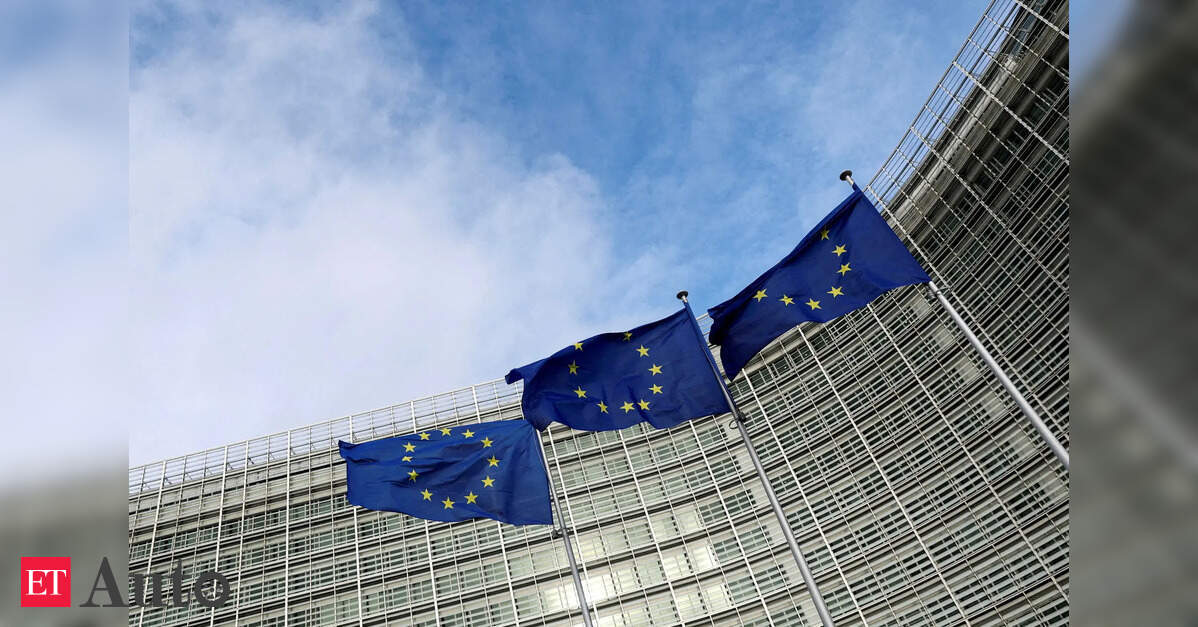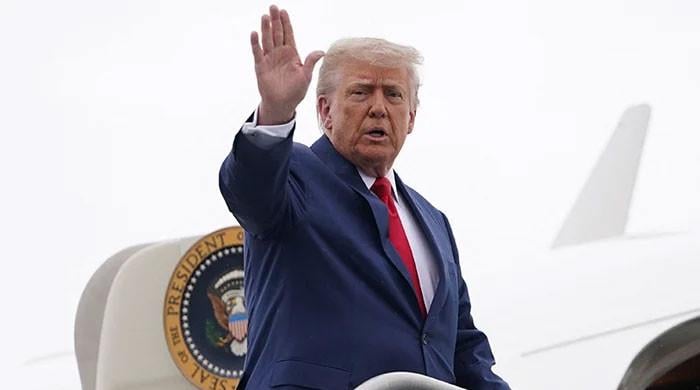Travel Industry And The US "Big Beautiful Bill" Effect, Here's All You Need To Know
Tuesday, July 15, 2025

The One Big Beautiful Bill Act (OBBBA), which was signed into law by President Donald Trump on July 4, 2025, is projected to have drastic impacts on the U.S. economy, but what all this means for the travel industry—especially for global inbound tourism—will still unfold drastically in the long-term. The bill, controversial because it contains mass tax cuts, increased spending and cuts to federal programs, is being described as devastating by some tourism groups.
Prior to the passing of the OBBBA, the U.S. was reeling from the pandemic fallout and international arrivals were down 9% in 2025 compared to normal years. So has spending by visitors, which is down by \$8.5 billion. Some of this dip can be ascribed to continuing headwinds, such as falloff in travel from some key international markets, most notably Canada, whose markets have been hit hard by Trump’s tariffs. Surveys indicate that many Canadians now consider the U.S. a threat, discouraging border-crossing travel.
The net effect of all of these changes has been felt in a wide spectrum of the tourism industry, including airlines, hotels and cultural institutions, which are heavily dependent on international visitors. Some industry insiders worry that the OBBBA’s passing could make this worse.
Some of the hardest hits to the tourism industry come from the 80% slash to Brand USA. Brand USA was established in 2010 with the goal of marketing the U.S. as a destination for global travelers. The cuts mean that, for the 2026 fiscal year, the federal funding that Brand USA was originally intended to receive will be cut from \$100 million to \$20 million. The decrease is troubling to travel industry officials, who fear that, without larger promotional campaigns, interest from overseas in visiting the U.S. will continue to decline, as political turmoil and travel restrictions continue.
That hotel industry is losing an estimated $800 million to $1 billion a month and may not return to normal until 2021. The bill may have some conflicting effects on the hospitality industry — including hotel pricing and employee headcounts. Nobody knows whether the OBBBA will result in higher hotel prices, but cuts to federal tourism funding will likely lead to layoffs in the hotel industry as businesses struggle with the loss of international visitors. Lots of hotels have yet to bounce back from the pandemic, and added pressure on their economics could further stymie the recovery in primary visits and service levels.
Then there’s the fact that the bill is going to influence airline prices as well, especially those for flights going into Washington, D.C. Operators of Dulles International and Ronald Reagan Washington National airports, the Metropolitan Washington Airports Authority, will have to pay more in lease payments under the new law, meaning tickets for flights to the U.S. capital will likely be more expensive.
The timing of these changes occurs as the U.S. is gearing up for major global events including the following: FIFA World Cup and America250 global celebrations in 2026. These events in turn could bring in thousands of international tourists, all of whom will need transportation and a place to stay while in the U.S. But with international arrivals already slowing, the tourism industry could find it hard to keep up with the extra demand, adding economic pressure to an already economically stretched industry.
To brighten our day just a bit, the OBBBA does contain provisions for modernizing the air traffic control system, and that is why there will be \$12.5 billion in funds for it. The U.S. Federal Aviation Administration (FAA) says these upgrades will improve the safety and efficiency of the country’s air traffic system, perhaps easing some of the problems of overcrowding in the nation’s airspace as more visitors enter the country. However, we’re not going to see these benefits straight away, with a full implementation likely to be several years away.
Yet another of the most appealing aspects of the Big Beautiful Bill is the hardened border and the monet of immigrants. Do you think these provisions will have negative implications for the future of international tourism? But critics say that measures such as further limits on immigration, as well as the continuation of travel bans on certain countries, could encourage travelers to look elsewhere. Due to the global nature of tourism, this could lead to a loss of a lot of potential visitors, especially those from countries that have been directly affected by Trump’s immigration policies.
Political reality The OBBBA has faced much opposition in the political arena22/06/2020: Council cannot enact OBBBA until 2021 It’s not clear when people will be able to buy and sell land with an OBBBA covenant, after North Shore council deferred action on the bylaw until 2021 among non-wealthy nations, some feeling it threatens their sovereignty. The bill barely cleared the House of Representatives, 218-214, and received an equally contentious 51-50 vote in the Senate. Critics, including many Democrats, say the bill is tilted toward the rich and corporations, and would amount to a boon for higher earners and corporations at the expense of the poor and middle class. Democrat leaders have also cautioned that the bill could pile an additional \$3.3 trillion onto the national debt — thereby undermining the U.S. economy down the road.
Critics are also pointing to the slashes to social safety net programs like Medicaid and SNAP that they say would undermine the economic stability of millions of Americans. Tourism Economics The report from Oxford Economics warns the OBBBA’s detrimental impact on our economy could result in even lower decline in travel expenditures, most notably with reduced spending on promoting the United States as a top tourist destination.
It is unclear how much American travel will be hurt by the OBBBA. And while the bill contains some provisions that might be beneficial to the travel industry, including funding for air traffic control system modernization, the cuts to Brand USA and other safety net programs might have a lingering negative impact.
In the end, the strength of the U.S. tourism industry following the passage of the OBBBA will likely be shaped by several factors, including how quickly tourism advertising campaigns adjust to the changing environment, how international markets react to the new immigration policies, and the general state of the economy that the bill will produce. With the 2026 games on the horizon, the U.S. will have to walk a tight line between securing the event and remaining open to the rest of the world.
As the travel industry strives to regain its footing, the next few years will be vital in deciding whether the U.S. can once again become a top-world destination or if the OBBBA will cause a more long-term reversal.
You may also like...
Diddy's Legal Troubles & Racketeering Trial

Music mogul Sean 'Diddy' Combs was acquitted of sex trafficking and racketeering charges but convicted on transportation...
Thomas Partey Faces Rape & Sexual Assault Charges

Former Arsenal midfielder Thomas Partey has been formally charged with multiple counts of rape and sexual assault by UK ...
Nigeria Universities Changes Admission Policies

JAMB has clarified its admission policies, rectifying a student's status, reiterating the necessity of its Central Admis...
Ghana's Economic Reforms & Gold Sector Initiatives

Ghana is undertaking a comprehensive economic overhaul with President John Dramani Mahama's 24-Hour Economy and Accelera...
WAFCON 2024 African Women's Football Tournament

The 2024 Women's Africa Cup of Nations opened with thrilling matches, seeing Nigeria's Super Falcons secure a dominant 3...
Emergence & Dynamics of Nigeria's ADC Coalition

A new opposition coalition, led by the African Democratic Congress (ADC), is emerging to challenge President Bola Ahmed ...
Demise of Olubadan of Ibadanland
Oba Owolabi Olakulehin, the 43rd Olubadan of Ibadanland, has died at 90, concluding a life of distinguished service in t...
Death of Nigerian Goalkeeping Legend Peter Rufai

Nigerian football mourns the death of legendary Super Eagles goalkeeper Peter Rufai, who passed away at 61. Known as 'Do...





